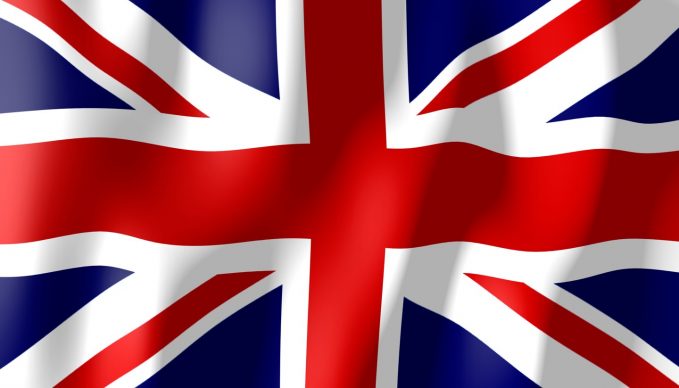The Nigerian Ports Authority (NPA) has announced a 15% rise in port charges, which is the first revision since 1993. This decision seeks to address ageing infrastructure and improve the competitiveness of Nigerian ports.
Rationale Behind the Increase
The NPA has highlighted several factors necessitating this tariff adjustment:
- Infrastructure Upgrades: The extra funds will be used to upgrade port infrastructure, which will include purchasing new machinery and improving information and communication technology (ICT) systems.
- Increasing Operational Costs: Without a comparable rise in rates, operational costs like salaries and gasoline have increased during the last three decades. The NPA claims that to properly handle these higher expenses, a rate increase is necessary.
Stakeholder Reactions
The tariff increase has elicited mixed responses from industry stakeholders:
- Support for the Increase: Some stakeholders agree that the tariff adjustment is necessary, pointing to the need for better port infrastructure and lowered tariff values brought on by inflation.
- Fears of Higher Costs: On the other hand, there is concern that the higher tariffs will raise importers’ expenses, which could then be passed on to customers, making financial difficulties worse.
Implications for the Economy
The 15% tariff increase is anticipated to have several economic impacts:
-
Potential Price Hikes: As importers incur higher costs due to increased port charges, there is a likelihood that these expenses will be transferred to consumers, potentially leading to a rise in the prices of imported goods.
-
Inflationary Pressures: The increased cost of goods could contribute to higher inflation rates, affecting the purchasing power of consumers and overall economic stability.











